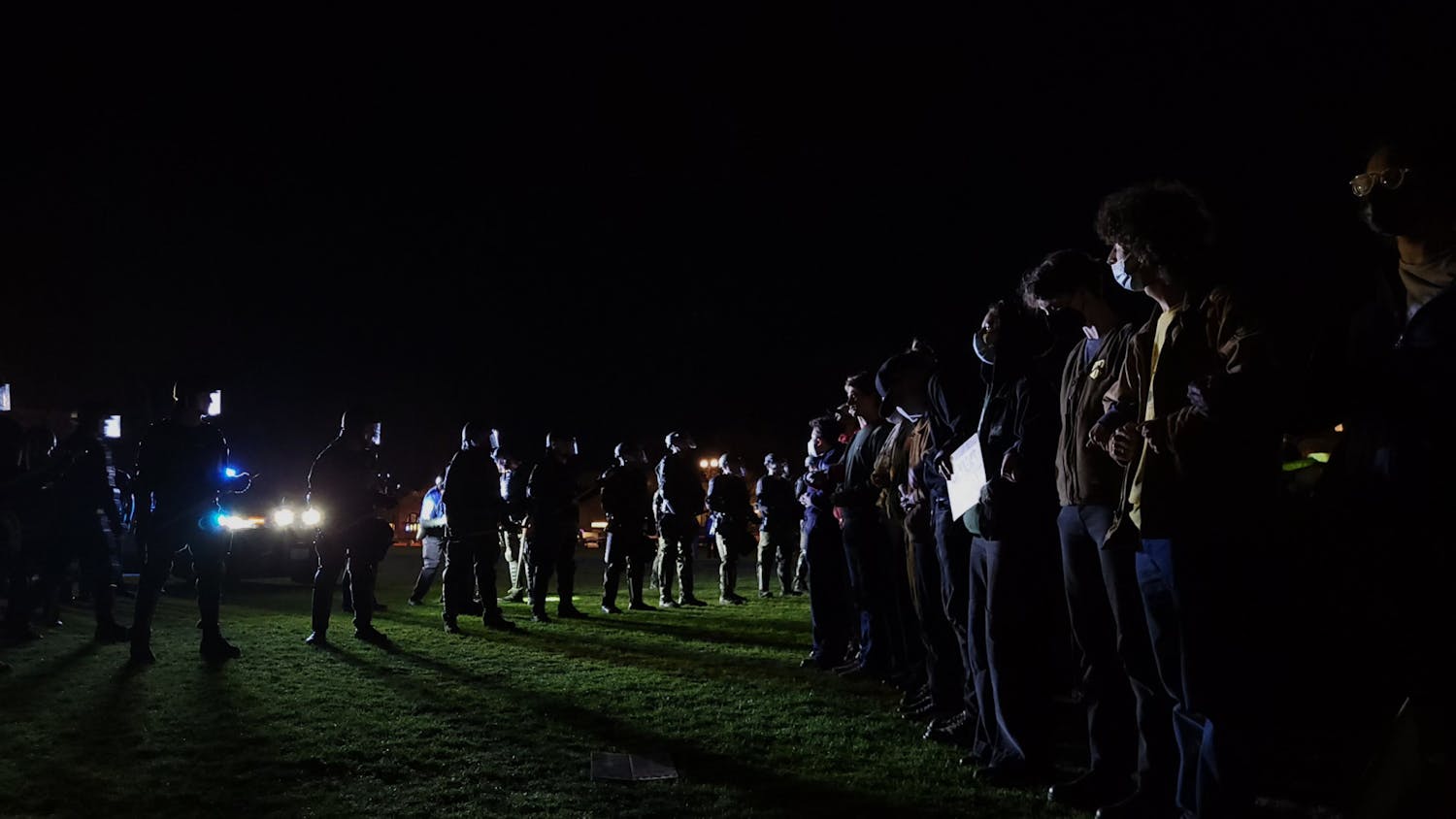Fairness is a non-issue in college admissions. The college admissions process is neither fair, nor can it be. Trying to structure admissions policy based on some determination of what is fair, as many have recently done with regards to early admissions programs, is misguided.
One familiar reason why the college admissions process is unfair is that individual admissions decisions are highly subjective. This subjectivity is necessary because of the complex, multivariate comparisons admissions officers must make, but it takes fairness out of the equation. Is it fair that tennis star 'A' with a mediocre academic record is accepted over stellar student 'B' whose extracurricular involvement leaves something to be desired? Is it fair that minority student 'C' is accepted over the slightly more academically successful white student 'D'? I don't know. Who's to say? But despite the dicey feel of these questions, admissions officers must use similar evaluations with every decision they make.
A less talked about reason that the admissions process is unfair to students is that the process is not really about students. If it were, each university would accept every academically qualified applicant. The fact is that universities have their own interests in admissions policy. In Dartmouth's case, a few of these interests are expressed in the College's statement of "Mission," found on its website. According to the "Mission," "Dartmouth has a special character" that is "rooted in" certain "essential elements." Among these are "a faculty dedicated to outstanding teaching and scholarship;" "providing students with close contact with faculty;" and "encouraging regular interaction among members of a diverse community." That Dartmouth calls these goals its "Mission" (capital M) implies that the objective of the admissions office is to admit those students it deems most likely to further the College's goals to the greatest degree.
This analysis yields the jarring conclusion that Dartmouth's Mission is fundamentally at odds with the goal of admitting only those students who are most academically qualified for admission. Recruiting a large, world-renowned faculty costs a lot of money, and universities acquire much of their money through donations. It is not in the College's interests to reject a descendent of, for instance, Messrs. Baker, Berry, or Collis. Similarly, because it is part of the Mission of the College to build a diverse community, it is in the College's interests to very slightly lower admissions standards for applicants from minority backgrounds. Whether these policies are "fair" is irrelevant, because they are not meant to be fair. They are meant to be beneficial to the College. In defense of current policy, one might even argue that if it is unfair for universities to favor rich students, then it is unfair for students to chose a university based on their offers of financial aid!
The analysis based on the College's Mission gives some insight into the issue of early admission programs. It is probably true that the admissions office uses its binding Early Decision admission program to "lock in" an initial body of students unlikely to apply for financial aid. According to Dartmouth's "Financial Aid Checklist," Early Decision applicants to the Class of 2011 must submit the CSS/Financial Aid Profile by Nov. 1, 2006, if they "want to receive a preliminary award notice at the time of the admission notification." It is reasonable to assume that students who do not do this are not likely to apply for financial aid. This assumption would allow the admissions office to estimate the probability that each early applicant will apply for financial aid, and categorize the applicants on this basis.
But it is not clear that this categorization lowers the standards for admission for individual applicants. In fact, admissions offices nationwide claim that their early applicant pools are stronger than their regular pools. And despite the oft-quoted assertion of Harvard's Interim President Derek Bok, that the "existing process has been shown to advantage those who are already advantaged" because early admission programs are supposedly more accessible to wealthier students, I am aware of no numerical data whatsoever that actually bear on this point.
There is little fairness in the college admissions process, but it is far from clear that early admission programs are unfair at all. Even if they are, any consideration of fairness is so far removed from the whole process that fairness is not worth considering, let alone complaining about. Early Decision will exist at Dartmouth if and only if Dartmouth administrators think it benefits Dartmouth. So let's let McNutt do its work -- it has done a phenomenal job, year after year.


